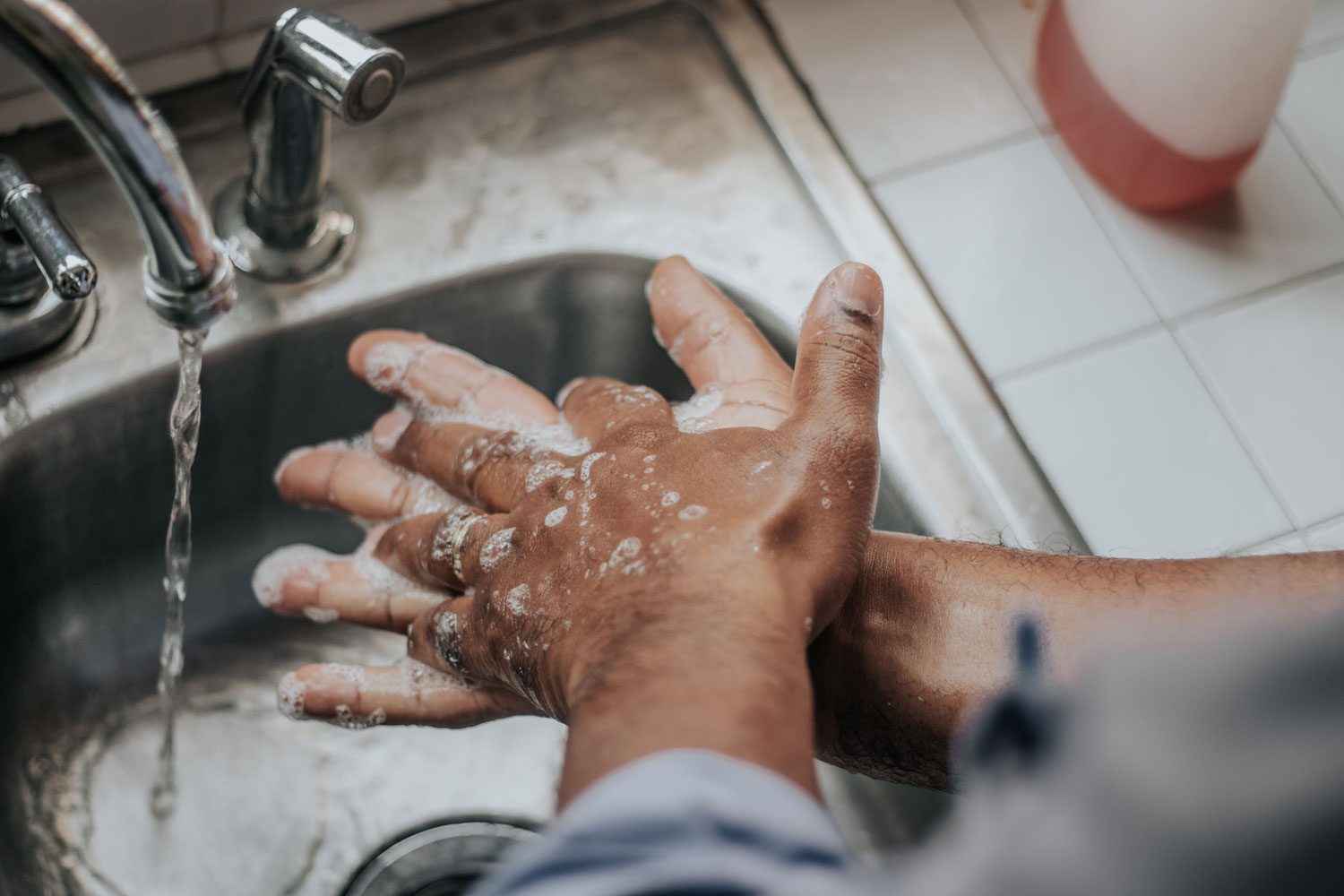No one likes germs, but some people may experience extreme anxiety at the thought of touching a surface that could contain germs, bacteria, or other microorganisms. And this anxiety may be becoming more common.
Researchers have linked broad virus-centric outbreaks—like the COVID-19 pandemic—to an increase in mysophobia, more commonly known as germophobia.
While worrying about germs is normal, this anxiety disorder can interrupt day-to-day life and may require some additional help from a mental health professional.
Causes of germophobia
Germophobia can develop due to someone’s brain chemistry or from a traumatic event or experience. Family history also plays a role. If someone in your family has an anxiety disorder, you may be at an increased risk of also developing a phobia as well.
Symptoms of germophobia
Germophobia comes with emotional, psychological, and behavioral symptoms, such as:
- Avoiding “dirty” environments, such as soil
- Excessively washing hands
- Over-using sanitizers and antibiotics
- Difficulty functioning in places perceived to have germs, like work and school
- Intense fear of germs
- Anxiety related to germ exposure
- Thinking about germ exposure leading to illness or negative outcomes
Managing germophobia
The pandemic has only made germophobia more widespread, but there are ways to cope and receive support.
Experts believe that basic knowledge about microbes could be important in reducing or preventing germophobia. How dangerous are germs, really? While it’s true that there are serious health effects due to certain germs and viruses, a majority are not seriously harmful, and your immune system can fight them off.
Taking reasonable, safe steps to avoid illnesses that stem from germs can also be helpful. Get cold and flu shots and other vaccines as precautionary actions backed by science.
Seeking help
If you’re struggling with more severe and persistent symptoms of Treatment is also available for germophobia through therapy and medication. If you or a loved one is dealing with germophobia and have pandemic-related anxiety, Valley Oaks Health is here to help.






